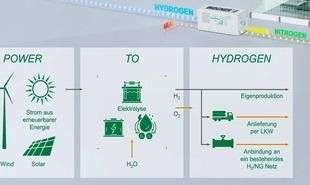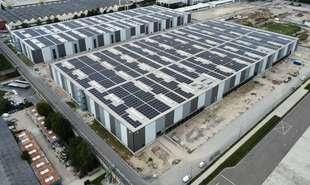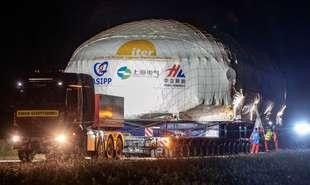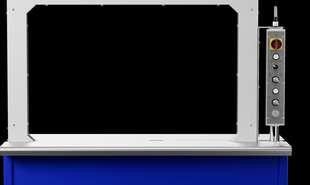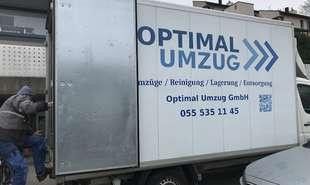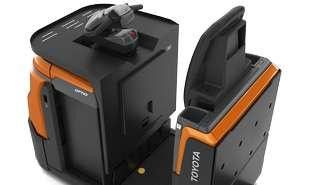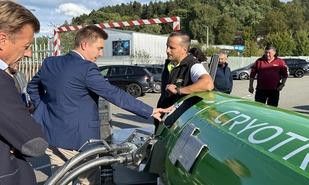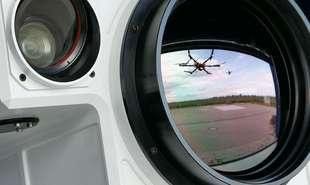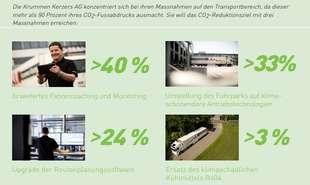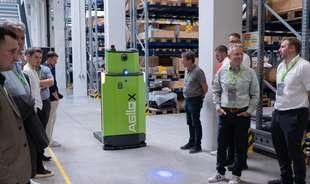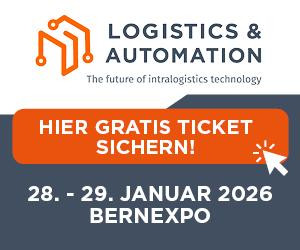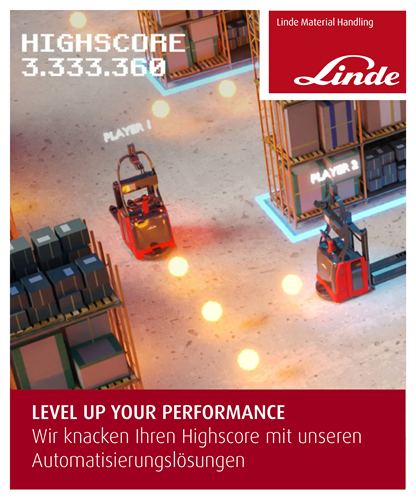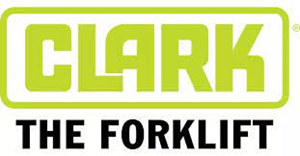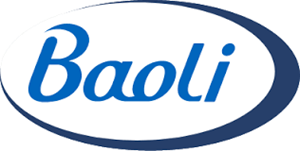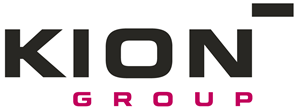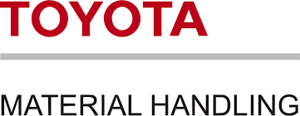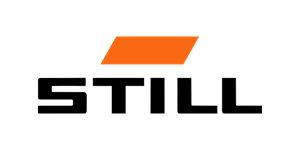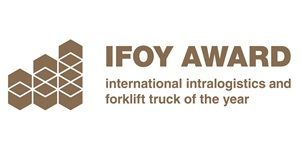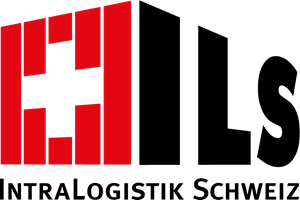The electrification of large forklifts is progressing, says Rob Maris, Strategy Manager at Hyster. But for the "very large forklifts," battery and hydrogen fuel cell technology are simply not yet available. Now Hyster, too, wants to bridge the gap with more environmentally friendly fuels like HVO 100.
In recent times, references to hydrotreated vegetable oil (HVO) have appeared more or less sporadically, as was the case with Linde MH: hydrogenated vegetable oil, a paraffin-containing, bio-based liquid fuel derived from vegetable oils such as rapeseed, sunflower, or soy, as well as animal fats. Now, Hyster is also championing HVO 100, which complies with EN 15940, as a new fuel option for large forklifts. As an alternative to diesel, HVO 100 can reduce greenhouse gas emissions by up to 90 percent. This helps companies improve their carbon footprint.
Another good argument is that HVO can be used neat in conventional diesel engines or as a blend with conventional diesel fuel without requiring significant modifications to the fuel system. Minor modifications may be necessary due to the ethanol content. The industrial truck manufacturer now also provides an aftermarket kit for the use of HVO 100 in Hyster large and empty container handlers, as well as reach stackers.
Photos: Hyster
According to the manufacturer, this retrofit kit enables industrial trucks to comply with Stage III to V emissions regulations. Both new vehicles ex-factory and existing vehicles can be retrofitted on-site. In the fuel system, fluororubber seals replace the nitrile rubber seals. This carbon-based fluorinated synthetic rubber offers greater resistance to the effects of ethanol. Fuel lines and other components in Hyster forklifts, however, are already highly resistant to long-term exposure to HVO 100.
Compared to conventional diesel, HVO 100 can reduce fuel consumption by up to six percent, depending on application and duty cycle. At the same time, HVO 100 has no negative impact on existing technologies that reduce forklift emissions, including diesel oxidation catalysts (DOC), diesel particulate filters (DPF), and selective catalytic reduction (SCR).
Rob Maris: "For companies that want to reduce their carbon footprint while moving toward electrification, this could be a bridge option."

